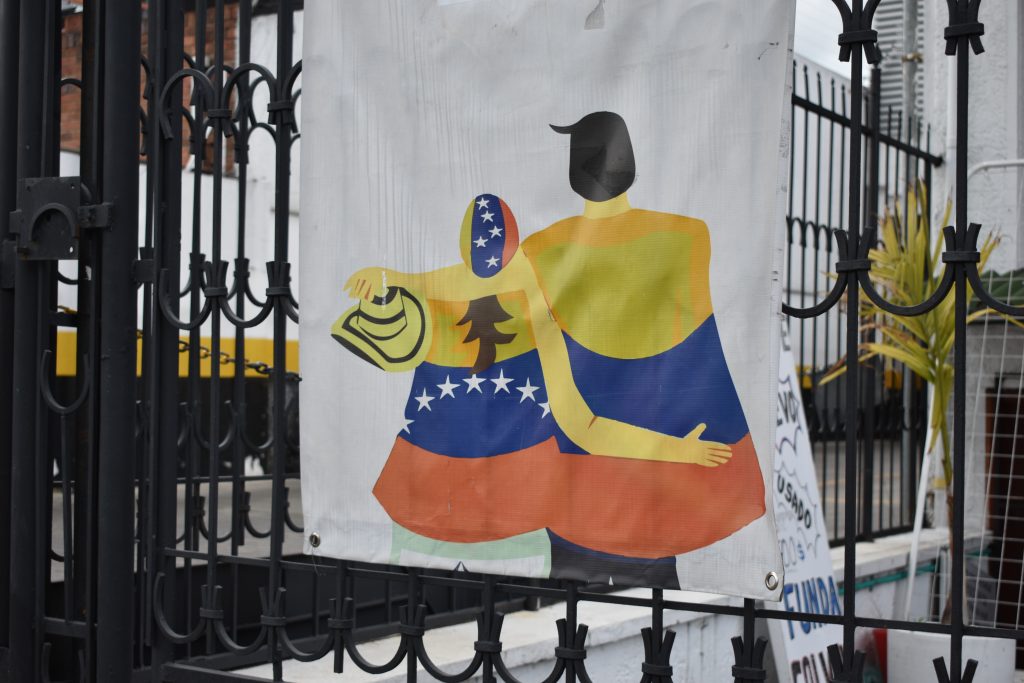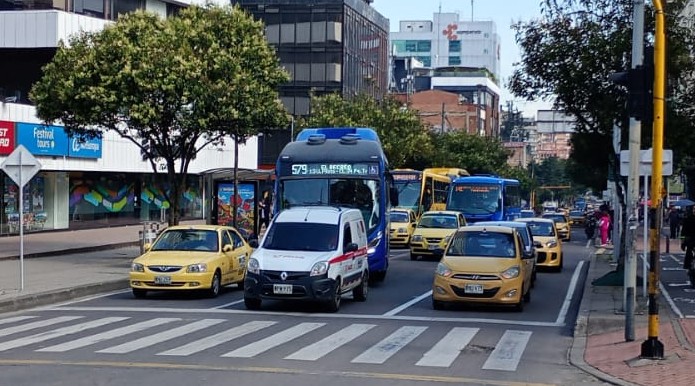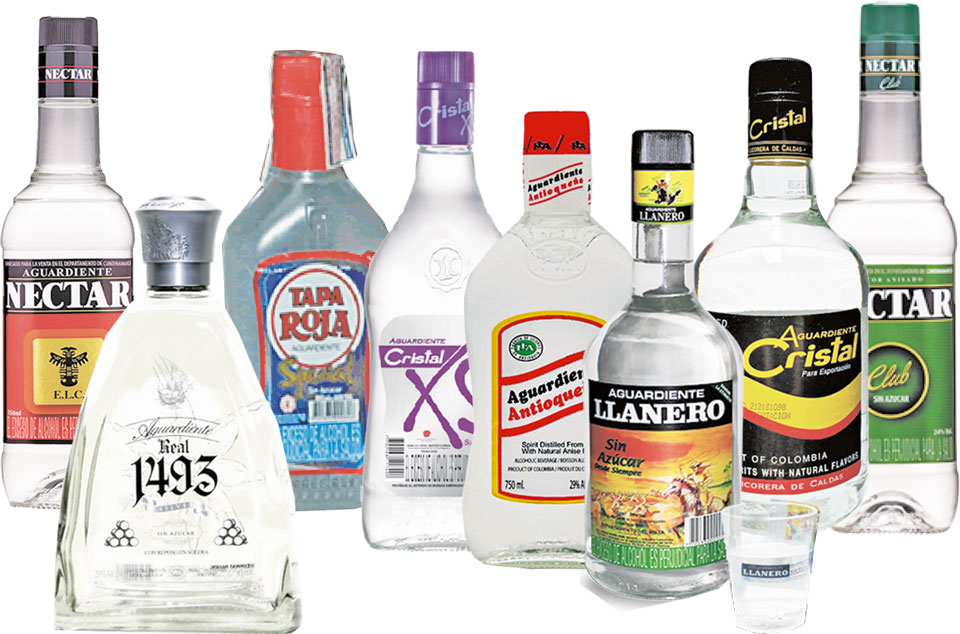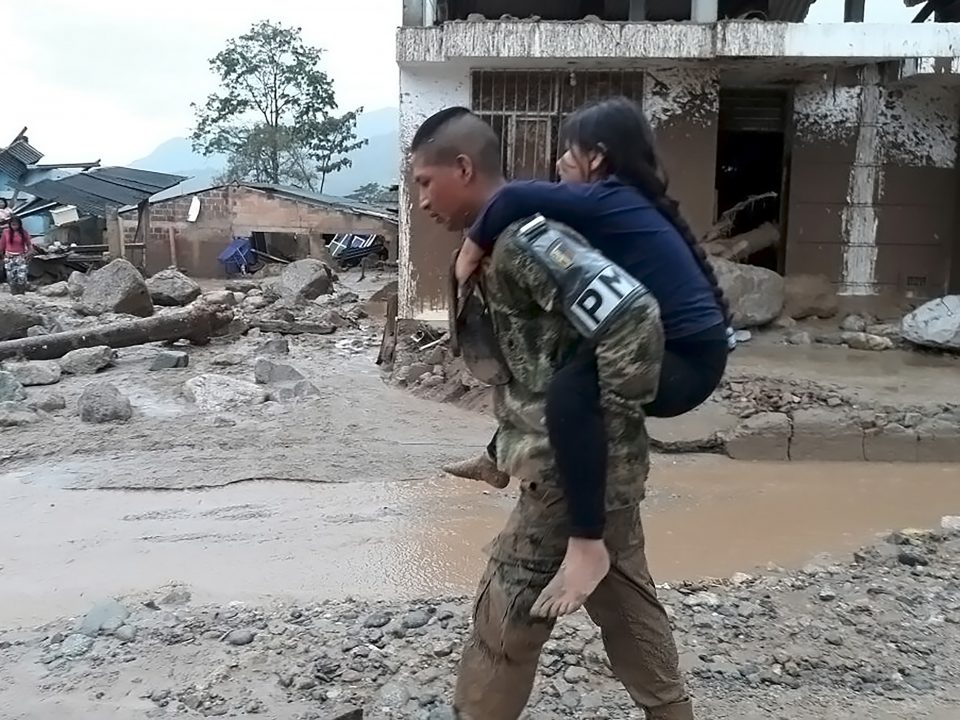
Many around the world are hoping for change in Venezuela but the troubled country is unlikely to go through a transition that is quick, easy or non-violent. Instead, Venezuela is likely to go through a transition phase marked with all the underpinnings of post-conflict stabilization. Before getting too excited about transition – either through an invasion or elections – Bogotá Post columnist Sergio Guzmán argues that it is important to come to grips with the fact that this will take a while.

The events that took place in Venezuela last Wednesday, when the National Assembly declared Juan Guaidó as interim president, marked the start of a transition of power in the country. The assembly invoked Articles 233, 333, and 350 of the constitution to sustain that Nicolás Maduro is not the legitimate president of the country. This was an effort to imbue Guaidó’s efforts with legalese, while at the same time clamoring for international recognition. This recognition materialized on Wednesday with the United States and more than a dozen countries recognizing Guaidó as the legitimate president of Venezuela. Other international players, such as the EU, didn’t recognize Guaidó as president but insisted on the country calling new elections instead.
It has become increasingly evident that President Nicolás Maduro will not step aside from power without a fight. His response to the international community calling for a transition in Venezuela caused Maduro to dig in. He has lambasted the ultimatum given by foreign leaders to call for new elections (or the prospect of a Guaidó recognition) as interventionism, modern-day imperialism, and insolence of the highest degree. Furthermore, Maduro spent his weekend visiting military installations, parading with members of the armed forces, and testing equipment meant to be ready to repel invading troops.
This is a terrible, horrible, no good, very bad thing for the prospect of a swift and non-violent transition to take place in Venezuela. First, let me be clear, nobody benefits from an invasion in Venezuela. Although the US and other countries maintain military action as an option to exert a credible threat and a deterrent to Venezuela it is unlikely there will be “boots on the ground” anytime soon. Secondly, we are likely to expect a worn-out high-level game of diplomatic chicken with impending deadlines and ultimatums approaching. Third, the reconstruction of Venezuela needs to be well-planned and orderly in order to be successful – why isn’t anyone talking about it?
No invasion in sight
Let’s get this out of the way first: there will be no US-led invasion of Venezuela. The idea is simply ludicrous. The US under President Donald Trump has made non-interference in other country’s affairs a keystone foreign policy. Although, on occasion, Trump has used the threat of global obliteration as an effective deterrent – as he did with North Korea – under his watch the US is looking to remove itself from foreign confrontations that involve US forces, such as the case of Afghanistan and Syria.
The domestic politics of the US are also not conducive to the US being involved in a more active role in Venezuela. The country just finished a record-breaking 35-day government shutdown over spending for Trump´s border wall, fence, steel and-or concrete barrier, and there will be another government spending fight in three weeks over the same issue. It is not likely that the US will muster the unity necessary to prepare for and engage in a conflict with Venezuela.
However, the issue of an apocalyptic battle being waged in Venezuela by a US-led coalition which includes Colombia and Brazil has taken root. This doomsday-scenario has long been touted by Maduro as a reason for his close alignment to Russia and the need for Venezuela to arm its people and ready them to repel an invasion. The prospect of a war boosts Maduro’s internal rationale for preparation which he will use to fuel his efforts to mark his opponents as foreign-led saboteurs, swell the officer ranks, and stay in power for a bit longer.
If a war with Venezuela were to happen, the results would likely be in the US favor. A net assessment balancing the capability of the US as a prospective coalition that includes Colombia, Brazil, and a few EU partners would likely far outweigh the capability of Venezuela joining Russia, Cuba, Nicaragua and Bolivia. In any scenario, the outcome would probably not be determined in the field of battle, but in the halls of diplomacy.
War won’t work, will diplomacy?
The crisis in Venezuela has put countries of the world at an awkward footing, as they have to make a choice between Guaidó and Maduro to recognize as the legitimate president. Supporting one or the other means taking a side in a much higher stakes geopolitical battle as well as a regional tug-of-war – which I have explained in previous columns.
Some EU countries have given Maduro an ultimatum – unless he uses his power to call for a new set of free and fair elections within a week’s time, member countries will declare Guaidó the legitimate president. Taking the Venezuelan conflict off the streets and to the UN is a great way to end the immediate risk of violence, but it won’t likely bring forth a quick resolution. The ultimatum is likely to be extended beyond the eight-day deadline as Maduro will likely drag his feet to call for new elections and secure a transition. Either way, without Russia and China signaling that there is a way forward, Maduro will not likely back down.
The most likely scenario is for there to be larger calls for economic sanctions that may further affect the Venezuelan economy at the behest of its already strained people. There is not a positive track record to believe that diplomacy will be able to hold enough sway over Maduro to provoke a non-violent transition of power. Particularly not when Maduro has the advice and experience of Cuban and Russian diplomats and military consultants who have been through extended economic and political isolation before. Maduro will continue to ransack the country while Guaidó offers a faint promise of hope.
Venezuela – Plan País
Sometimes, it seems like the best ideas are the ones nobody listens to. A group of students, youth advocates, and young professionals have been discussing at length what diplomats and global leaders aren’t. Plan País has been discussing plans for the reconstruction of Venezuela. They have been making scenarios to recover the economy, the rule of law, the social well-being and the torn reputation of the country – in a much more profound way than I have previously done.
What should become abundantly clear is that the transition of Venezuela will not happen overnight. The country’s dwindling oil production is not likely to recover any time soon given decades of mismanagement at PDVSA the national oil company, the brain drain to the sector, and the country’s crumbling oil infrastructure, as Julian Lee pointed out in a recent Bloomberg piece. The country’s human exodus won’t likely return soon as Guaidó hopes and the country will not likely be able to wean itself off the deals made with Russia and China for resources.
A Marshall plan for Venezuela – Plan País – needs to be planned and funded now. It needs to be ready to be put in place as soon as the transition from Maduro begins. This needs to be the main item of discussion globally. The time of pundits, news anchors and ideologues would be better spent planning for and thinking how to help Venezuela recover from its current position, than fantasizing about Team America world police deposing Maduro and moving on to the next big issue.
Sergio Guzmán is the Director of Colombia Risk Analysis, a political risk consulting firm based in Bogotá. Follow him on twitter @serguzes and @ColombiaRisk
This opinion column is intended as a space to discuss some of the most pressing issues faced by Colombia and the region in these uncertain times. All opinions and content are solely the opinion of the author and do not represent the viewpoints of The Bogotá Post.





